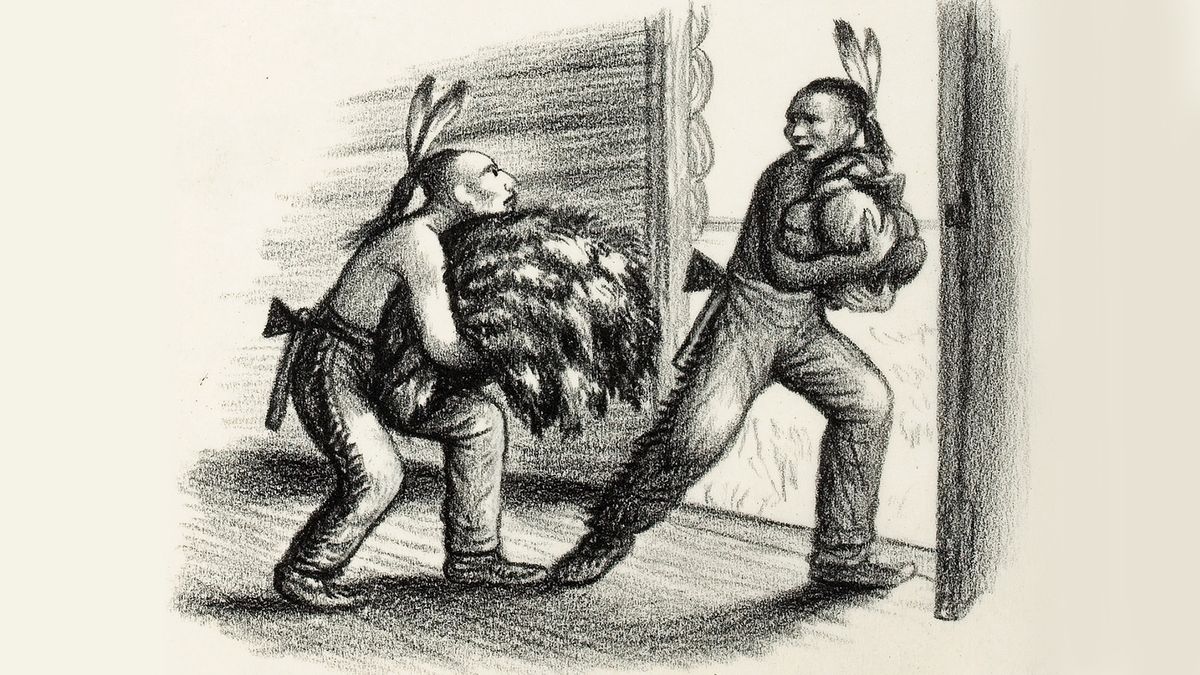
A New Heartbeat for Indigenous Literature: The Rise of Heartdrum
Cynthia Leitich Smith, an esteemed author from the Muscogee Nation and the creative force behind books such as “Rain Is Not My Indian Name” and “Sisters of the Neversea,” is leading a literary revolution with Heartdrum. This HarperCollins imprint is dedicated to amplifying the voices of Native American children’s book authors, marking a significant stride in indigenous representation within publishing.
The Evolution of Indigenous Representation
The landscape of indigenous representation in publishing has undergone a remarkable transformation. Today, there is a growing number of books authored by Native Americans, garnering stronger support and fostering a deeper sense of community among Native authors.
Heartdrum emerged from insightful conversations between Smith and Ellen Oh, co-founder of We Need Diverse Books (WNDB). They recognized the urgent need for contemporary and diverse representation of Natives in fiction.
Heartdrum: More Than Just a Publishing Imprint
Heartdrum’s commitment extends beyond publishing books by Native American authors and illustrators. It aims to be a responsible literary citizen, contributing financially to WNDB’s Native Fund and providing faculty for their annual Native Children’s and YA Writing Intensive.
Other organizations are following suit, strengthening their support for Indigenous children’s book creators. Highlights Foundation, for instance, has renovated a cabin on its Milanville, Pa., campus exclusively for Indigenous-written children’s books. They hosted their first Native retreat in 2023.
UNESCO: Advocating for Indigenous Representation in Media
UNESCO is taking significant steps to promote Indigenous representation in media. A UN General Assembly resolution encourages Member States to reassess national policies and practices related to Indigenous media and their representation in mainstream media.
UNESCO has organized consultations to formulate strategic recommendations for Indigenous media development. These focus on establishing media networks, promoting fair representation in mainstream media, collaborating with public broadcasters, and providing resources for inclusive editorial policies.
A study to analyze national policies, practices, and funding programs related to Indigenous Peoples’ media development is planned for 2024. UNESCO envisions a future where media truly reflects societal diversity and realizes its full democratic potential.
As the indigenous literature movement gains momentum, Heartdrum stands as a testament to the power of representation. It’s not just about telling stories; it’s about reclaiming narratives, preserving culture, and shaping the future of Native American literature.
With every book published, Heartdrum echoes the resilience and richness of Native cultures, reinforcing the belief that indigenous stories matter. As UNESCO continues its advocacy for Indigenous representation in media, the world moves closer to a future where every voice is heard and every story is valued.
In this evolving literary landscape, one thing is clear: the heartbeat of indigenous literature is growing stronger, and its rhythm resonates far and wide.
